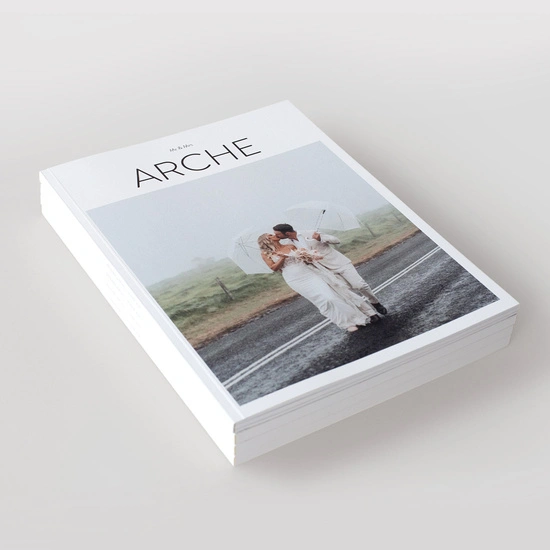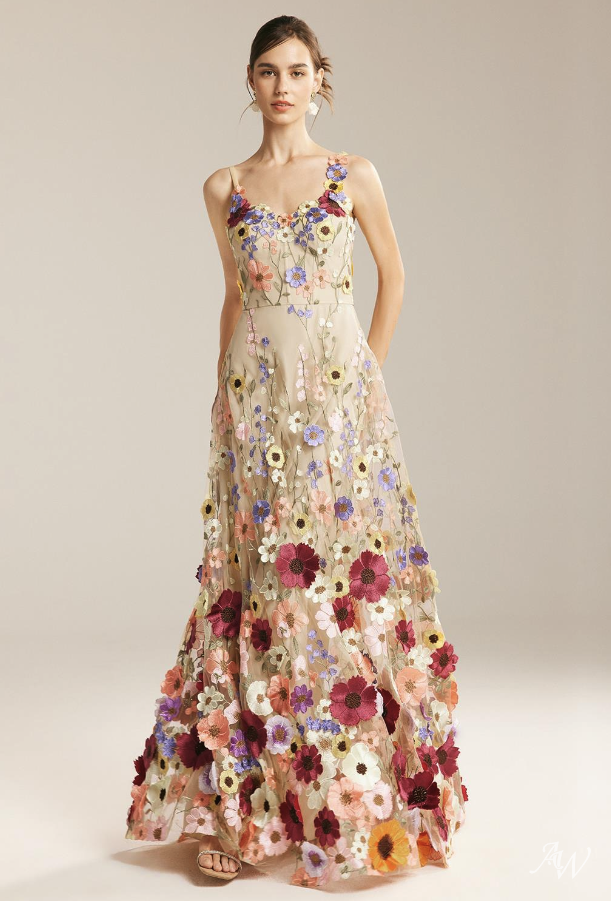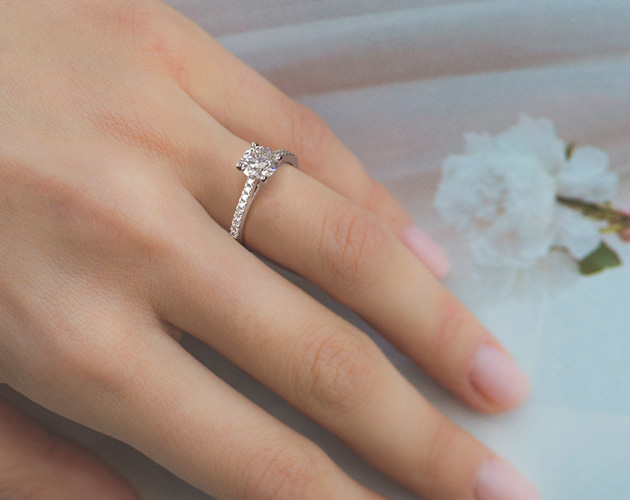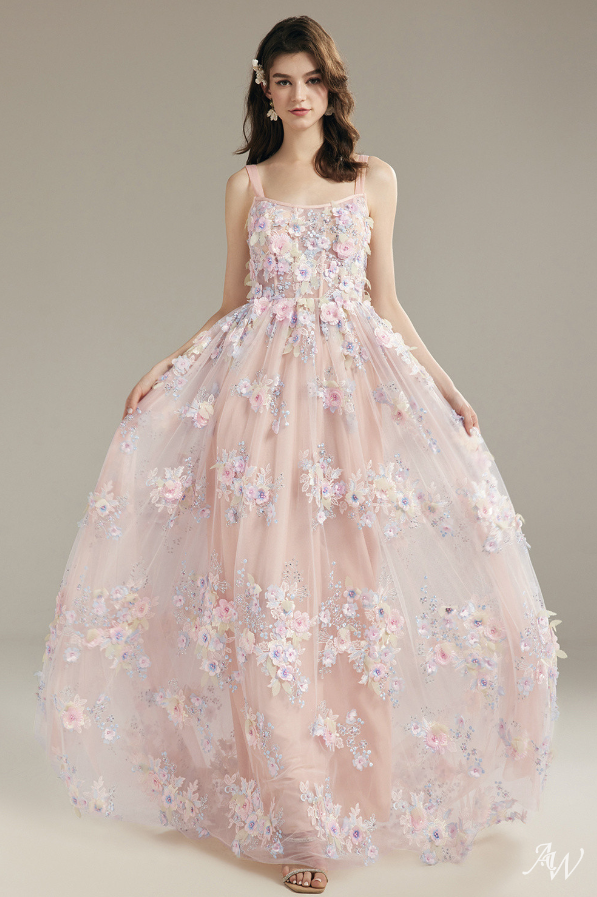
When Tessa Tookes, a 28-year-old model from New York City, set out to find her dream wedding dress, she was buzzing with excitement. She had stumbled upon a gorgeous gown while scrolling through Instagram and, like any bride-to-be, was eager to experience that magical ‘Say Yes to the Dress' moment. With her heart set on the dress, Tessa traveled all the way to a boutique in Ontario, Canada. Little did she know, this shopping trip would turn into something more profound than just picking out a dress.
It's 2024, and we like to think that inclusivity and representation are givens, especially in something as joyful as wedding dress shopping. But Tessa's experience was a stark reminder that there's still a long way to go. At the boutique, Tessa, who met her fiancé Joey Kirchner on “Bachelor in Paradise Canada,” was presented with an unexpected choice. The dress she loved came with beige-colored breast cups, described as ‘nude' and free of charge. But to have these cups match her skin tone, she faced an additional $200 fee. This moment hit Tessa hard, bringing back memories of her high school dance performances, where she had to alter her ballet shoes and tights to match her skin color.
This isn't just about undergarments or an extra charge. It's about the message it sends – that being anything other than the standard ‘nude' is an afterthought, an extra. It's about feeling ‘othered' and isolated in a moment that's supposed to be special. Tessa received this news in silence, feeling uncomfortable and acutely aware of her Blackness in a predominantly white space.
The incident sparked a conversation far beyond the walls of that boutique. Joey took to TikTok, expressing his frustration in a video that went viral, viewed over 3.5 million times. His candid call for change resonated with many, prompting an outpouring of support and shared experiences online. It's a powerful reminder that these moments matter, that they're not just about fabric or color, but about recognition, respect, and inclusivity.
Interestingly, the boutique reached out to Tessa after the video went viral, offering to cover the entire cost of the wedding dress. A generous gesture, sure, but as Tessa wisely noted, it didn't quite address the core issue. It's not just about one dress or one boutique. It's about a systemic issue in the industry that overlooks the diversity of its clientele.
Tessa's experience is a call to action for the wedding dress industry – and indeed, all industries – to be more thoughtful and inclusive. It's not just a matter of adding more shades or sizes. It's about understanding and valuing the diverse experiences of all customers. It's about making everyone feel seen, heard, and celebrated, especially on their big day.
For Tessa, the journey continues. She's considering collaborating with one of the many Black designers who reached out to her, aligning her choices more closely with her values and supporting a community that understands and uplifts her. And for other brides of color, Tessa's story is a reminder to advocate for yourself, to seek environments that celebrate you, and to never settle for less than you deserve. In this spirit, we invite all brides to explore our comprehensive Wedding Planning Checklist & Timeline, a resource designed to help navigate your unique wedding journey
In a world where we're still navigating issues of representation and inclusivity, Tessa's story is more than just a shopping experience. It's a reflection of our society and a prompt for change. It's a reminder that the perfect fit is about more than just a dress – it's about respect, understanding, and the joy of feeling truly seen.
























